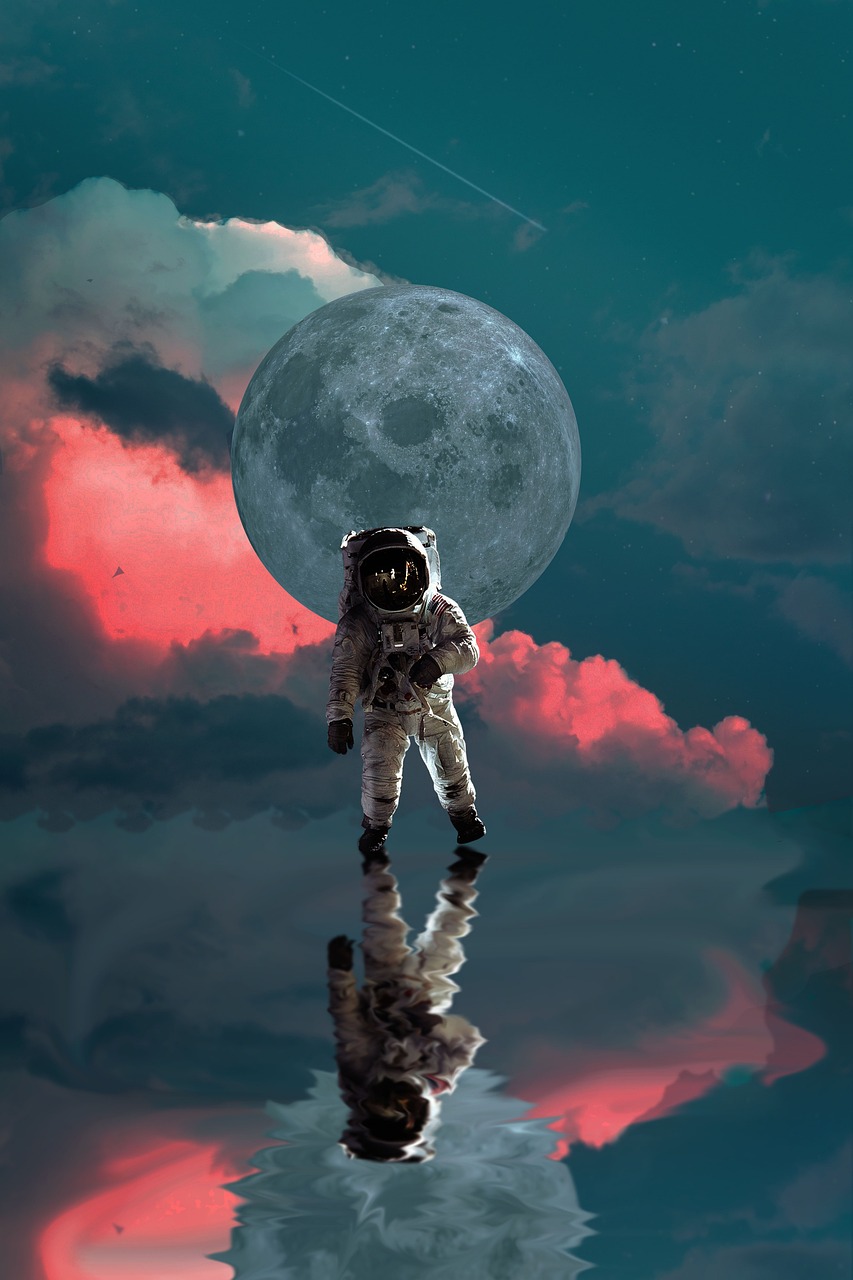
We’re used to having our NASA astronauts be highly trained, but what about people like you and me? With commercial space travel now available, that’s a reality. It raises the question of space travel’s impact on human health. New studies reveal even short space trips take a toll on the body.
Scientists studied data collected from the first all-civilian crew of the Inspiration-four mission. They spent 3 days in orbit more than 350 miles above earth, about 100 miles higher than the International Space Station. This crew consisted of two men and two women between the ages of 29 and 51. While in space, they collected saliva, urine, feces and blood samples, took ultrasounds and cognitive tests, and wore fitness trackers.
They found that 3 days in space was enough to alter their health and cognition. Genes associated with immune system activation, especially in repairing DNA damage, were more active. There was disruption to the mitochondria, the powerhouse of the cell. And the ends of chromosomes, the telomeres, lengthened most likely to protect cells from the radiation exposure in space. The epigenome in DNA, which impacts how certain genes express, saw changes, especially in the immune cells.
Although most of the changes reverted back to normal upon return to earth, some persisted for 3 months afterward. As trips to the moon and Mars become more feasible, we’ll need to know how to keep our astronauts and space tourists healthy in space.
More Information
How a few days in space can disrupt a person’s biology
Trove of health data from space tourists and astronauts reveals the effects of microgravity, radiation and more.
Just 3 days in space was enough to cause cognitive decline in astronauts
A new series of studies dives deep into medical data gathered during 2021’s Inspiration4 space mission. The data gathered shows that just three days in space was enough time to cause changes to astronaut’s health, including their bodies and cognitive functions.
Space Omics and Medical Atlas (SOMA) across orbits
New studies on astronauts and space biology bring humanity one step closer to the final frontier